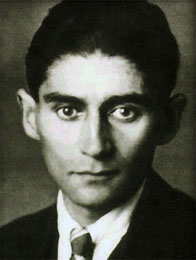
Metamorphosis
Versandkostenfrei!
Versandfertig in 1-2 Wochen
10,99 €
inkl. MwSt.

PAYBACK Punkte
5 °P sammeln!
The Metamorphosis is a novel by Franz Kafka that was first published in 1915. This book describes the story of Gregor Samsa, a traveling salesman, who wakes up one day and finds that he has transformed into a bug. The Metamorphosis is a book that concerns itself with the themes of separation, frustration, and existentialism. As Samsa struggles to accommodate his humanity with his change, Kafka, proficiently, twists his readers into a web that deals with the craziness of existence, the isolated experience of modern life, and brutality, leaving them at once amazed and influenced. In this way, it...
The Metamorphosis is a novel by Franz Kafka that was first published in 1915. This book describes the story of Gregor Samsa, a traveling salesman, who wakes up one day and finds that he has transformed into a bug. The Metamorphosis is a book that concerns itself with the themes of separation, frustration, and existentialism. As Samsa struggles to accommodate his humanity with his change, Kafka, proficiently, twists his readers into a web that deals with the craziness of existence, the isolated experience of modern life, and brutality, leaving them at once amazed and influenced. In this way, it begins The Metamorphosis, referred to as one of the influential works of fiction of the 20th century.















